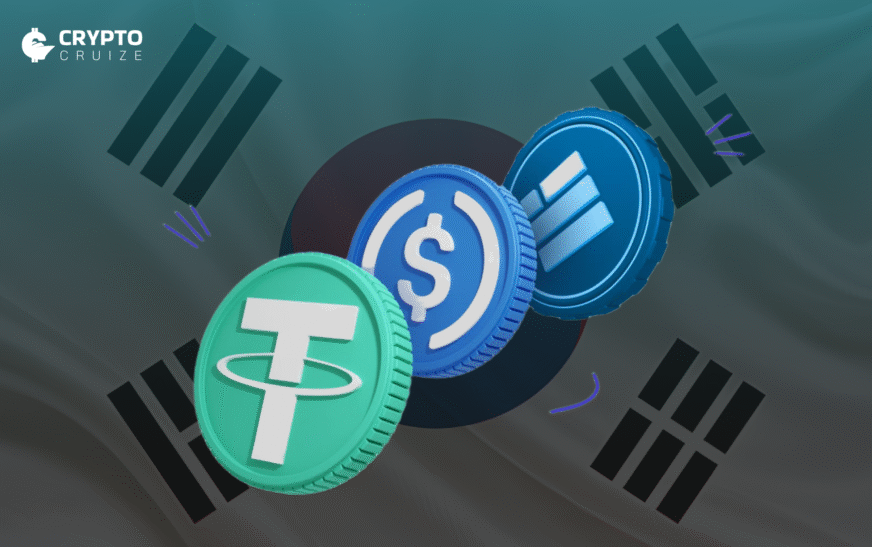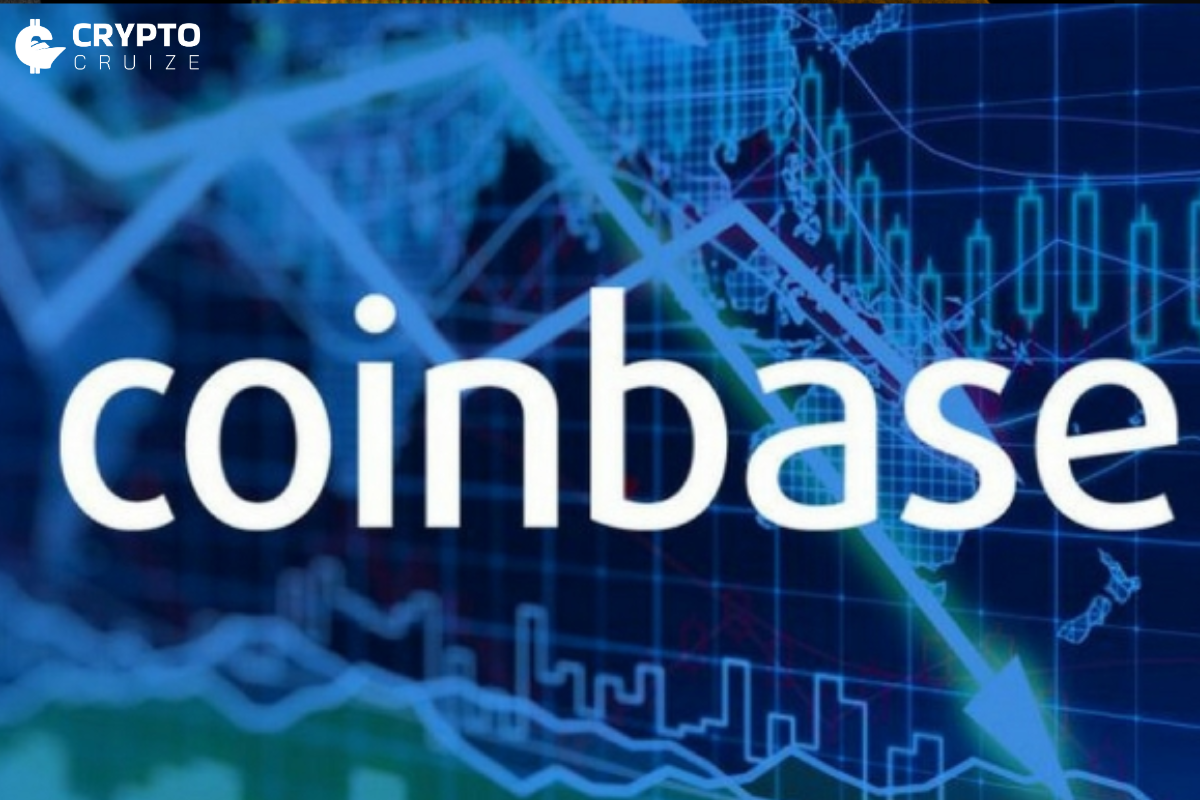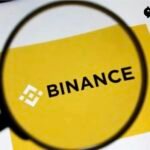South Korea has paused its central bank digital currency (CBDC) pilot, marking a major shift in its digital finance strategy. The Bank of Korea (BoK) suspended its “Project Han River” digital won trials after several leading banks raised concerns over high costs, limited commercial prospects, and regulatory uncertainty.
The pilot, which involved seven major banks and was scheduled for Q4 2025, has now been indefinitely postponed. The BoK is reportedly reassessing the future of CBDCs in light of the growing appeal and clearer path to profitability offered by won-backed stablecoins.
A senior official from one of the participating banks told Yonhap News, “The central bank is waiting to see the government’s plans for stablecoins and how a CBDC would fit with such tokens.”
Banks Prefer Stablecoin Path
The decision to suspend the CBDC pilot follows growing dissatisfaction among South Korea’s financial institutions. Banks involved in the trial voiced concern over the unclear commercialisation plans and costly infrastructure requirements of the digital won programme. One unnamed banking executive said the pilot was “on the verge of collapse,” highlighting the lack of incentive to continue without a clear business case.

In contrast, Korean banks are increasingly turning toward private-sector stablecoin solutions. Eight major institutions, including KB Kookmin and Shinhan Bank, have joined forces to launch a won-backed stablecoin initiative. These stablecoins offer a more straightforward and scalable model, especially under current regulatory support.
With clearer profit models and more immediate applications, stablecoins appear to be overtaking CBDCs as the preferred path for digital finance innovation in the country.
Political Support Shifts to Stablecoins
The pivot away from CBDCs also aligns with the broader political agenda of President Lee Jae-myung’s administration. The government has thrown its support behind regulated, won-denominated stablecoins. Recent regulatory reforms now allow companies with a minimum of ₩500 million (approximately $370,000) in equity capital to issue stablecoins, reflecting a pragmatic approach to digital finance.

Min Byeong-deok, head of South Korea’s Digital Asset Committee, commented: “The market for stablecoins could surpass even artificial intelligence or semiconductors.” His statement underlines the government’s belief in stablecoins as a key pillar for the future economy.
Stablecoins are also being promoted as a tool to preserve monetary sovereignty. In Q1 2025, foreign stablecoins were responsible for over ₩57 trillion ($42 billion) in trading volume in South Korea. Domestic stablecoins are seen as a strategic necessity to reduce dependency on foreign digital assets.
What This Means for South Korea’s Crypto Strategy
While the CBDC project is paused, the BoK has not abandoned its interest in digital currency research. Instead, the pause provides space for regulators and financial institutions to observe stablecoin adoption and assess market dynamics before deciding the future of state-issued digital currencies.
This strategic recalibration underscores a broader trend: governments and central banks may not be the sole or even primary drivers of financial digitisation. Private-sector innovations like stablecoins, if well-regulated could lead the way, particularly in regions with active financial institutions and crypto-savvy consumers.
In the coming months, the spotlight will be on the rollout of won-backed stablecoins, and how successfully they integrate into South Korea’s digital economy. The BoK’s next steps will likely depend on the market performance and regulatory success of these private initiatives.
South Korea’s CBDC pause does not mark a retreat from digital currency innovation, but rather a redirection. By prioritising stablecoins over a government-issued CBDC, the country is placing its bets on more flexible, bank-driven financial solutions. With strong political backing, industry involvement, and evolving regulations, won-backed stablecoins could become the cornerstone of South Korea’s digital monetary future.




















































